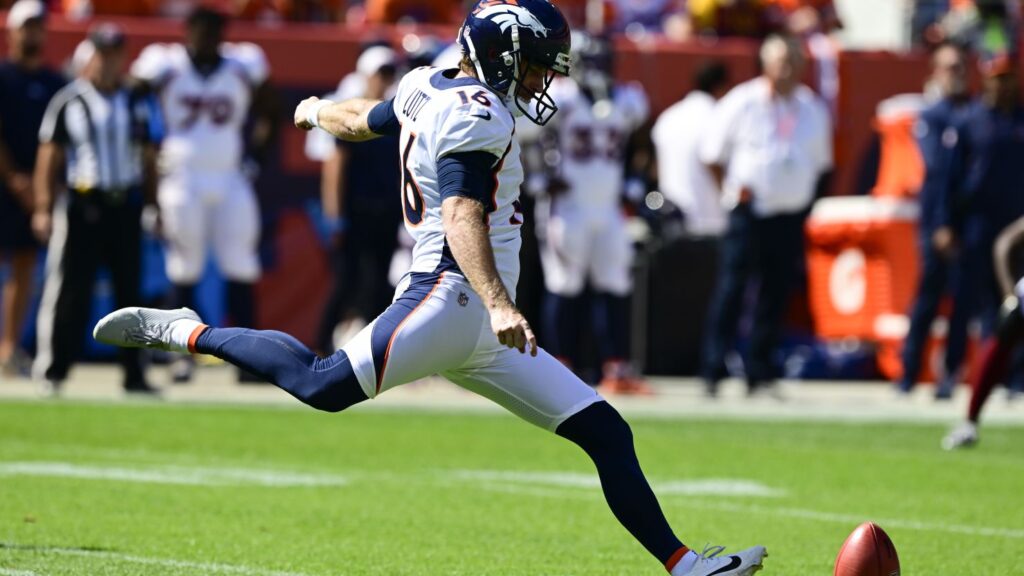The economics of NFL betting are complex, driven by a blend of market dynamics, regulatory environments, and consumer behavior. The NFL, being one of the most popular sports leagues in the United States, has a substantial betting market that sees billions of dollars wagered each year. This market’s size and growth are influenced by several factors, including the accessibility of legal betting platforms, advancements in technology, and the evolving legal landscape surrounding sports betting. The repeal of the Professional and Amateur Sports Protection Act PASPA in 2018 was a pivotal moment for the sports betting industry, leading to a rapid expansion of legal sports betting across numerous states. This legislative change has allowed states to regulate and tax sports betting, which has in turn provided significant revenue streams for state governments. As more states have legalized sports betting, the market has grown exponentially, both in terms of the number of participants and the total amounts wagered. This growth is further fueled by the integration of betting options within digital platforms, making it easier for consumers to place bets from their mobile devices.

Market analysis reveals that NFL betting is highly seasonal, with peak activity occurring during the football season, particularly around marquee events like the Super Bowl. Bettors are drawn to the NFL due to the sport’s widespread popularity, the availability of extensive data for analysis, and the variety of betting options offered, including point spreads, money lines, and prop bets. The sophistication of bettors ranges from casual fans to professional gamblers, each bringing different strategies and levels of risk tolerance to the market. Technological advancements have also played a significant role in shaping the NFL betting market. The proliferation of online betting platforms and mobile apps has revolutionized how bets are placed, making the process more accessible and engaging. These platforms often offer live betting options, allowing users to place bets in real-time as games unfold, which adds a dynamic and interactive element to the betting experience. Additionally, the use of big data and analytics has become increasingly important, with bettors utilizing statistical models and machine learning algorithms to inform their decisions.
The economics of NFL betting are also influenced by the psychological factors that drive consumer behavior. Betting on sports, particularly a high-profile league like the NFL provides entertainment and engagement beyond just watching the games. The potential for monetary gain adds an element of excitement and risk, appealing to a wide range of individuals. However, this also brings about concerns regarding problem gambling and the need for regulatory measures to ensure responsible betting practices and check top site for NFL. In summary, the NFL betting market is a dynamic and rapidly evolving sector driven by legislative changes, technological advancements, and consumer interest. The repeal of PASPA opened the floodgates for legal sports betting, leading to significant market growth. Technological innovations have made betting more accessible and engaging, while consumer behavior continues to shape market trends. As this market continues to grow, it will be crucial to balance economic benefits with the need for responsible gambling practices to ensure a sustainable and healthy betting environment.